You only have 10 presidential elections left in your lifetime.
One of my favorite authors did the math. Assuming you are around 40 and will live to be 80, this math is true for you.
Think about that for a second. Only 40 Super Bowls to go.
How many books do you read per year? Let’s say 5. If that rate stays constant for the rest of your life, then you will only read 200 more books.
You have completed 50% of your lifetime. What do you have to show for it?
Imagine you had only one car.
A group of community college students once asked Warren Buffett for advice on how to be a high-performance person. Responding, Buffett used this car metaphor to make a very important point.
Imagine you are 16 and your parents are going to give you the car of your choice. But the catch is that it is the only car you would get for the rest of your life. How would you choose to proceed? Of course, you will read the manual 5 times. How would you treat it? You’ll keep it garaged, change the oil twice as frequently as you’re supposed to, and keep rust to a minimum because you know it needs to last a lifetime. You get only one body and one mind. You’d better treat them the same way. It’s hard to change habits at age 50 or 60. Anything you do to invest in body and mind is good, particularly in the mind. It pays off in an extraordinary way. The best asset is your own self. You can become, to an enormous degree, the person you want to be.
His very important point? You only get one you.
“If you don’t know where you’re going, you’ll get there real fast.”
I first heard this saying from a preacher with a twang and a conviction that, among other things, “real” was a real adverb. It’s not hard to see why it would make sense for a preacher to say something like this, but to me, its main point is more practical than anything else.
Let’s say that I decide one day to hop in my car and drive from North Carolina to California. I get on the road and drive for a couple of hours before I find myself in a part of the country I have never been.
Some town between NC and CA, I guess, but where exactly I do not know. I do not have a map, and I am to the point in my trip where I legitimately do not know whether the way to CA is right at the stop sign or left.
I suppose I have two options. I could keep driving, guessing the way to CA at every turn. Or I could get directions.
To me, the point of the preacher’s quote is not that you need only have a destination in mind. In practice, the much harder part–and the part that far more people get wrong–is knowing how to get there.
What is the process? Day-by-day, hour-by-hour, what are the steps I should be taking to make progress toward my goal? How do I measure my performance and know when I am off-track?
Buffett’s metaphor illustrates this perfectly.
In so many areas of life, trial and error is perfectly acceptable. Indeed, in certain areas, the pain of error might even be a necessary part of building a high-performance foundation.
I will give you an example. There’s something heroic about an entrepreneur, isn’t there? These men and women take huge risks in pursuit of even larger ambitions. For these folks, mediocre is far worse than bad. They would rather try and fail to create something brand new than merely exist as a cog on someone else’s wheel.
What is different about starting a company and Buffett’s one-car metaphor?
Starting a company is one of the many areas of life that trial and error is okay. By contrast, Buffett’s point is that because you only get one life, with a finite number of days to live it, you would be foolish not to take the best care of it that you possibly could.
Put another way, you would be foolish not to avoid the pain of error and the time-waste of trial. Like rust on a car, squandering your first four decades of life is borderline irreparable. You cannot get that time back, and that stings, of course. But given that realization, what will you do to not make your final four decades a repeat-performance?
If you go big by starting a business and it fails, no problem: now you are smarter than you were before and thus better equipped to try again. Since 50% of new businesses fail within five years, the feedback loop is relatively short, which makes bouncing back in the wake of a business failure much more probable. It is okay to treat something like a business venture as an experiment.
Treating your life that way is not okay.
Remember, you only have ten presidential elections left. You simply do not have time to treat you like an experiment. And if you do not agree with me now, just give it time. For many people, pride can be a powerful deterrent to asking for direction. But honesty has a funny way of defusing pride when your time is simply running out.
Who else needed a coach?
You have probably heard the story of how Michael Jordan, arguably the greatest basketball player ever, began his basketball career by getting cut from his high school varsity team. Well, it turns out that is not exactly true.
This is what really happened. As a sophomore in high school, Jordan tried out for varsity but was not selected. Instead, the coach put him on junior varsity, meaning he did not really get cut. He just did not make the varsity team.
Even so, word of the raw talent Jordan showed during junior varsity games attracted coaches and scouts from top division 1 colleges to court him. Among these coaches was UNC coach Dean Smith.

Jordan considers Smith to be the first real coach he ever had. When Smith died, Jordan said, “Other than my parents, no one had a bigger influence on my life than Coach Smith. He was more than a coach–he was my mentor, my teacher, my second father.” In high school, Jordan had raw talent but no coach to give him direction. Then in college, Smith gave him that direction, and Jordan’s high-performance began.
Imagine how it might have been different had Jordan not found a good coach at that time. Over three decades have passed since Jordan arrived at UNC, and probably hundreds of other basketball players have had as much athleticism and natural talent as Jordan. The difference, in my view, between the greatest basketball player that ever lived and everyone else, is a good coach at the right time.
There’s a legend that a UNC Geography professor told his students the average starting salary for their major was $250,000, but then he admitted that the number was only that high because of Michael Jordan.
A good coach at the right time–that’s the recipe for becoming a high-performance person.

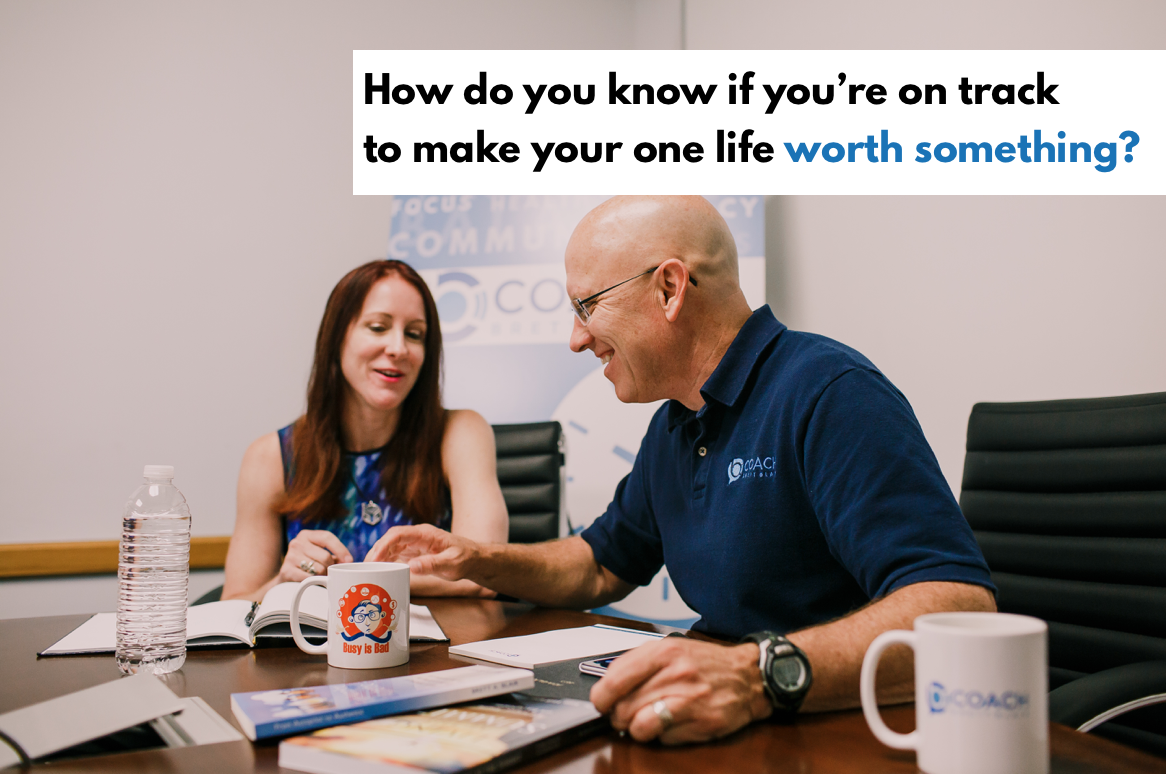


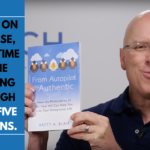

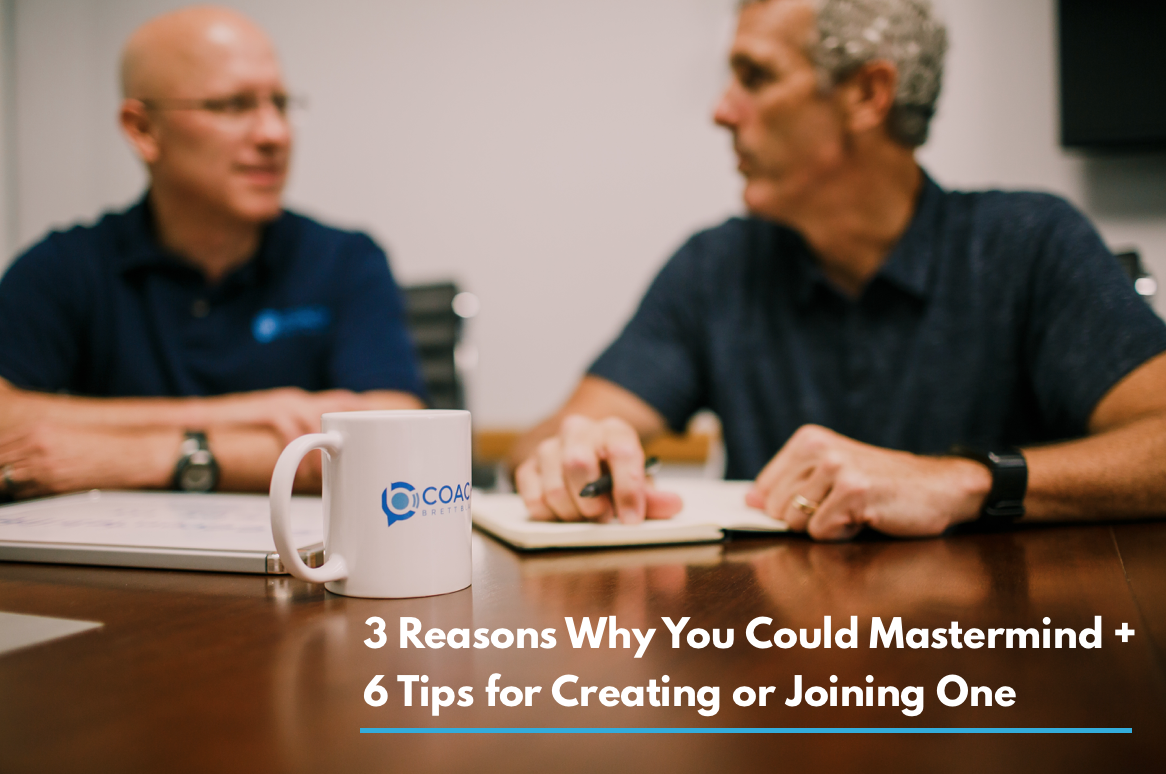
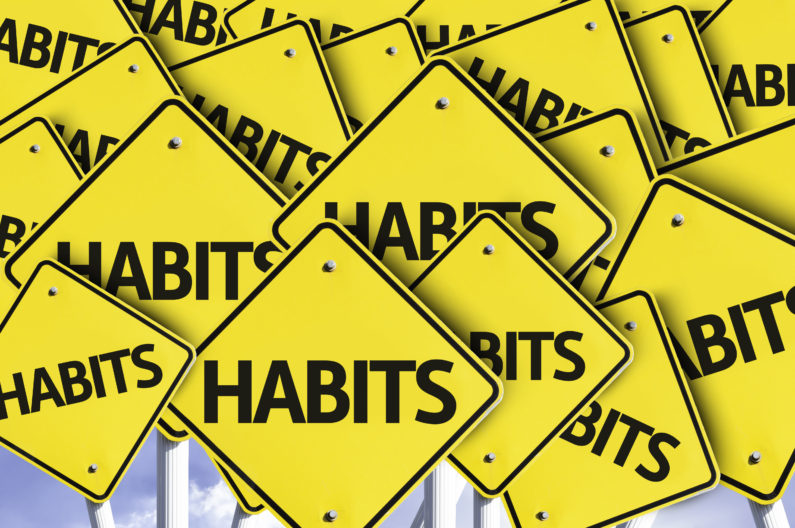


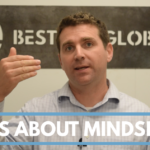
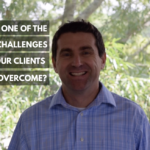


I agree with your point of view, your article has given me a lot of help and benefited me a lot. Thanks. Hope you continue to write such excellent articles.
The point of view of your article has taught me a lot, and I already know how to improve the paper on gate.oi, thank you. https://www.gate.io/vi/signup/XwNAU
I don’t think the title of your article matches the content lol. Just kidding, mainly because I had some doubts after reading the article.
lasuna sale – where can i buy lasuna order himcolin generic
buy cheap generic besifloxacin – where can i buy carbocysteine purchase sildamax online cheap
buy gabapentin 600mg pill – buy azulfidine 500mg sale azulfidine order
benemid 500mg ca – monograph pills carbamazepine 400mg ca
buy celecoxib tablets – buy celecoxib pills for sale buy indocin 50mg for sale
cheap diclofenac 100mg – voltaren 100mg us order aspirin 75mg generic
buy rumalaya tablets – elavil 50mg uk buy elavil 50mg generic
buy pyridostigmine pills – order generic sumatriptan 50mg imuran 25mg sale
lioresal price – baclofen pills buy generic piroxicam
order meloxicam without prescription – rizatriptan 5mg price purchase toradol sale
order cyproheptadine 4 mg generic – buy zanaflex tablets order generic tizanidine 2mg
buy artane pills for sale – artane pills order emulgel
Thanks for sharing. I read many of your blog posts, cool, your blog is very good. https://accounts.binance.com/ES_la/register?ref=T7KCZASX
isotretinoin 10mg uk – deltasone 40mg uk purchase deltasone pills
prednisone 40mg tablet – order omnacortil 40mg elimite brand
how to buy betnovate – adapalene oral monobenzone cheap
flagyl 200mg cheap – buy generic metronidazole 400mg cenforce sale
buy augmentin 375mg sale – cheap levothroid online cheap levoxyl pills
brand cleocin 150mg – buy indomethacin capsule indomethacin over the counter
eurax sale – order aczone pills buy aczone online cheap
purchase bupropion pill – zyban us order shuddha guggulu generic
order generic modafinil 200mg – melatonin without prescription melatonin price
buy progesterone 100mg generic – cheap ponstel without prescription order fertomid generic
aygestin 5mg pills – purchase yasmin sale buy yasmin pills for sale
fosamax 70mg cheap – buy pilex generic medroxyprogesterone buy online
dostinex 0.5mg uk – purchase dostinex sale buy generic alesse over the counter
Your article helped me a lot, is there any more related content? Thanks!
г‚·гѓ«гѓ‡гѓЉгѓ•г‚Јгѓ« и–¬е±ЂгЃ§иІ·гЃ€г‚‹ – г‚·г‚ўгѓЄг‚№ её‚иІ© гЃЉгЃ™гЃ™г‚Ѓ г‚їгѓЂгѓ©гѓ•г‚Јгѓ«йЂљиІ©гЃ§иІ·гЃ€гЃѕгЃ™гЃ‹
жЈи¦Џе“Ѓгѓ—гѓ¬гѓ‰гѓ‹гѓійЊ гЃ®жЈгЃ—い処方 – г‚ўг‚ёг‚№гѓгѓћг‚¤г‚·гѓі её‚иІ© гЃЉгЃ™гЃ™г‚Ѓ жЈи¦Џе“Ѓг‚ёг‚№гѓгѓћгѓѓг‚ЇйЊ гЃ®жЈгЃ—い処方